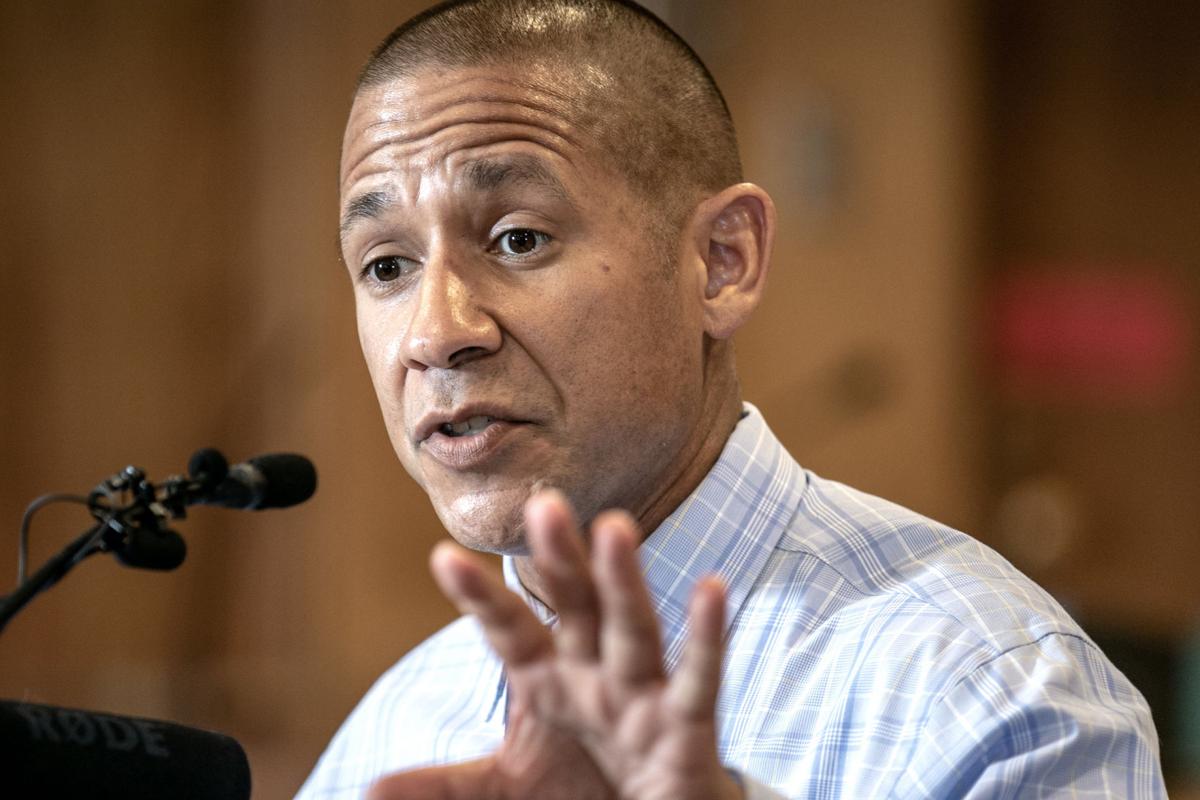TUSD is seeking to be released from court supervision in its 41-year-old desegregation case, according to a petition for unitary status filed on Dec. 31.
Tucson Unified School District Superintendent Gabriel Trujillo said he’s confident the U.S. District Court will agree that TUSD is no longer segregated.
“This is not a segregated district,” he said. “You have 50% of the students in this district that are either in a fully integrated school or in a highly diverse school.”
Trujillo said 30 of the district’s 86 schools are fully integrated, although a racial achievement gap still exists, which is true throughout the state. However, TUSD doesn’t need a court order to “take the achievement gap seriously,” Trujillo said.
“This is no longer a desegregation case,” he said. “This is an academic achievement case.”
People are also reading…
Under the federal court order, however, TUSD is required to focus on more than racial integration. The case calls for addressing not only quality of education, but student discipline disparities, facilities and technology, transportation and community engagement, among other issues.
TUSD entered into the case in 1978 when the Mendoza and Fisher plaintiff families filed suit against the district for running a de facto segregated school system.
Sylvia Campoy, a representative for the Mendoza plaintiffs, said TUSD has not complied with the desegregation court order. There is a continued racial disparity in student discipline and the district hasn’t properly implemented a plan specific to Mexican American Student Services, she said.
“The academic achievement of Mexican American/Latino students continues to be of monumental concern to the Mendoza plaintiffs,” Campoy wrote in an email. “The seemingly casual abandonment of these type of academic services manifests the district’s ongoing lack of good faith effort in implementing important elements of its desegregation court order.
“Since the inception of its desegregation court order some 40 years ago, TUSD has denied any wrongdoing and has consistently argued its full compliance.”
The district receives more than $60 million annually from a tax levy to cover expenses in the desegregation effort.
Once the case is closed, TUSD will still have the funds available to them for a time, but Trujillo said the district will only ask the taxpayers for the funds necessary to keep successful student programs.
Desegregation funding pays for student services like magnet, dual-language, and gifted and talented programs. Once the case is closed, TUSD would cut funding for items such as administrative and legal fees, Trujillo said.
TUSD expects a ruling by August. Receiving full unitary status means the district would be released completely from court supervision. The courts granted the district partial unitary status in September 2018, on 25 out of 50 provisions.
“I think we’re very much a model for integration now,” Trujillo said. “More than we’ve ever been in the past.”
Contact reporter Danyelle Khmara at dkhmara@tucson.com or 573-4223. On Twitter: @DanyelleKhmara















